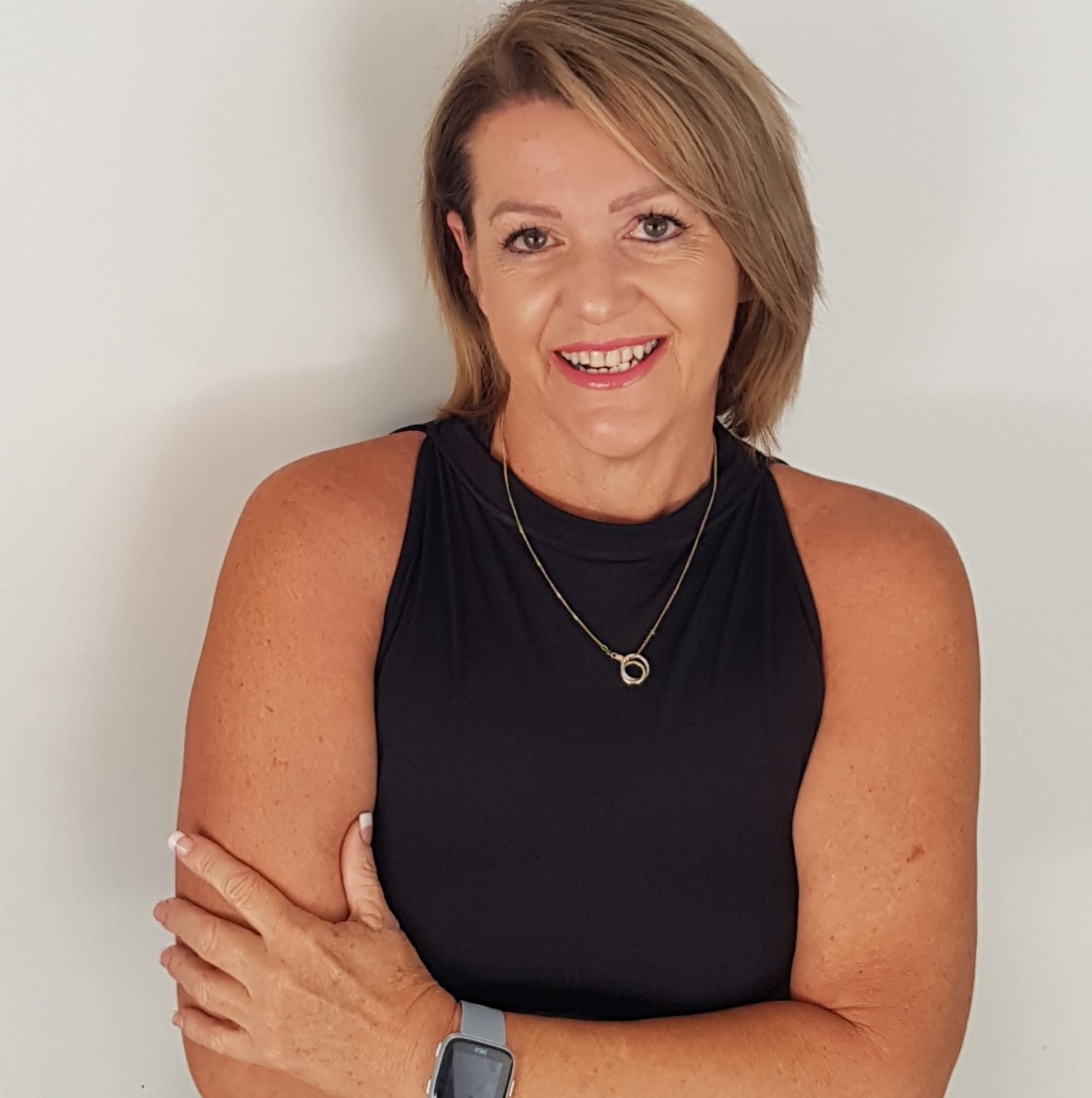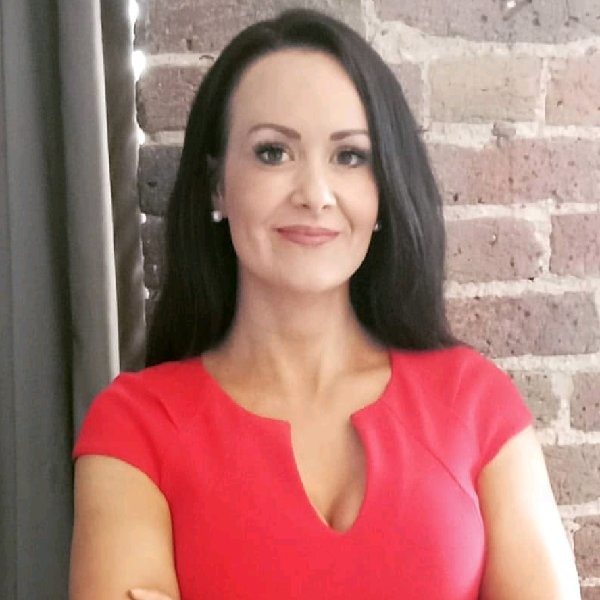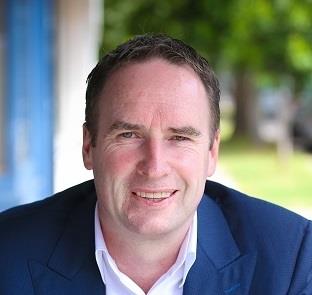answered
Q: Hi. Is child support calculated from gross income or taxible income? Cheers
A: Hello Lucas
Child support is an expense after tax and is treated like other expenses in that it comes off your nett income.
Where the child does not reside with you it is acceptable to use an outgoing child support payment in
place of including the child as a dependant .(However if you are paying lenders mortgage insurance it may require you also add as a dependant adding additional expense to your monthly living expenses calculation - check with your bank how they treat this scenario). Generally a copy of the court order or child support agency letter dated within 12 months of the application confirming the amount of the outgoing commitment is to be provided and with some banks also bank statements confirming the commitment has been met.
Hope this helps
Cheryl Hassan
Hassan Finance
answered
Q: I want to get my first home loan in Australia. What is the difference between a basic home loan and a normal home loan, thank you
A: Hello Vishna
Basic Home loans and "Normal" home loans basically differentiate between the type of product offerings from different banks. The Basic loan is your "no bells or whistles" type loan.
In general, a basic home loan is just that; it will be a standard variable home loan with no offset account, perhaps no account keeping fees, generally a lower interest rate . Whereas a Standard 'normal' home loan can generally be packaged into "a package" which has special offerings (all dependant on the particular bank) and can have an OFFSET facility where your savings account is linked . This saves interest on your loan by having your savings offset the loan balance.
When a bank has a "special offer" it will usually be associated with the standard variable loan.
You can also have fixed rate home loans which generally don't have an offset (although some banks do) and the interest is fixed (at the time of settlement rate of day) for a period you nominate. You can also fix the rate at time of application by paying a "lock rate" fee which locks in the rate of the day quoted (helpful if you know fixed rates may increase prior to your settlement).
Standard loans also have the ability (dependant on bank) to be split so you can have some of the loan fixed and some on a standard variable interest rate.
All loan offerings are dependant on the bank you choose and the first step is to chat with a broker regarding your needs in a loan "your loan wish list" and then the product is chosen on the information you provide with a selection of options usually presented for discussion and then it comes down to the product and bank which suits your needs and circumstances best.
Hope this helps.
Cheryl Hassan
Hassan Finance
video
Mortgage Broker Cheryl Hassan at Hassan Finance Video Promotion
answered
Q: Me = separated from ex for 2 years ( but not divorced )
We have our marital home in Brisbane ( Wakerley 4154 ) sitting empty for sale since Feb 1 . We had one offer for 710 K and all other offers under 700 K .
My ex refused the offer for 710 K insisting that it is worth 725 + K and more like 745 K .
No more offers coming in .
She is offering to drop the price if I give her 60/40 split or if I change from current real estate to purple bricks who offer less commission which I don’t agree to either .
In the mean while we are both paying $1200 each per month on a dead mortgage and other associated costs Eg rates .
How do I force a sale for market price just to get closure ?
A: Hi Brent
I am sorry to hear of your difficult situation.
The question I would ask is "what are you basing the value of the property on"?
Perhaps the agent has come in with the price to "buy the listing" ie; the real estate agent may say he/she can sell the property for a certain $ amount however realistically the property may not be worth that amount and over time, you will need to reduce the asking price to meet the market however since you usually sign a 3 month contract with the agent they will still earn commission. I am not for one minute saying this is the regular practice of agents, I am just suggesting that perhaps the expectations for what is achievable may have been a little high.
I am happy to run an estimated value on the property if you would like to email the address to me or you could pay for a valuation to be done on the property. Valuation firms for the area include :
Herron Todd White Phone: 07 3353 7500 Email: brisresidential@htw.com.au
Oteon Property 1300 40 50 60 @ Geebung info@opteonsolutions.com
I agree that Mediation may be required in this situation. Particularly if the valuation comes in at a lower amount than your partners expectations.
Additionally, I would also seek the opinion of other agents in the area and do some research on what properties have sold for yourself . Perhaps do some research on this website http://house.ksou.cn/index.php
Of course, you can always put a tenant in for 12 months and review the situation at that time so that you have some assistance with the mortgage repayments.
Best of luck
Cheryl
Cheryl@hassanfinance.com.au
answered
Q: Hi,
I have moved closer to work and rented my home and using it as an investment. If I transfer my loan from principal and interest to interest only is it likely my rate will increase and by how much?
Also, I had to pay mortgage insurance previously, will I have to pay it again if it’s interest only?
Thanks
A: Hello Shaun
In our current finance climate there are different rates for interest only and Principle and Interest lending.
Banks now need to justify the amount of interest only lending they provide and so they load the Interest Only lending rate to reduce their exposure.
Interest-only loans typically have a maximum period of 5 years after which they revert to the normal principal and interest repayments. (This can be renegotiated with some banks for another 5 years).
If you are paying interest only, you are not reducing your debt but simply servicing the interest payment and therefore over the term of the loan, more interest is paid.
However, investors pay interest only generally because this is the tax deductible portion of the loan repayment and you should seek your accountants advise to ensure this suits your situation .
Comparing a $300,000 Interest only to Principle and interest loan; if I just use the example of a St.George investment loan you would pay 4.19% for Principle and interest lending and 4.89% for interest only lending. This results in approximately $240 a month less for Interest only (however you are not reducing your debt). I would consider reviewing your rent received and choosing to pay off your loan when it is only costing another $60 a week to do so. In the long run, it's a better option. My investment properties are all principle and interest for this reason.
In regards to Lenders Mortgage Insurance:
LMI is paid once at the commencement of a loan. It is paid when you lend more than 80% of a property's value.
If you are converting a loan to Interest only, you are simply doing a variation to your current loan and therefore would not pay mortgage insurance again. However, if you refinance and your loan is still in excess of 80% of the value of your property you will pay mortgage insurance again with your new financial institution.
(There are sometimes exceptions to this rule with some banks based on profession. Doctors for instance may lend more without paying mortgage insurance due to their risk profile).
I hope this helps.
You can always contact me for more information.
cheryl@hassanfinance.com.au











